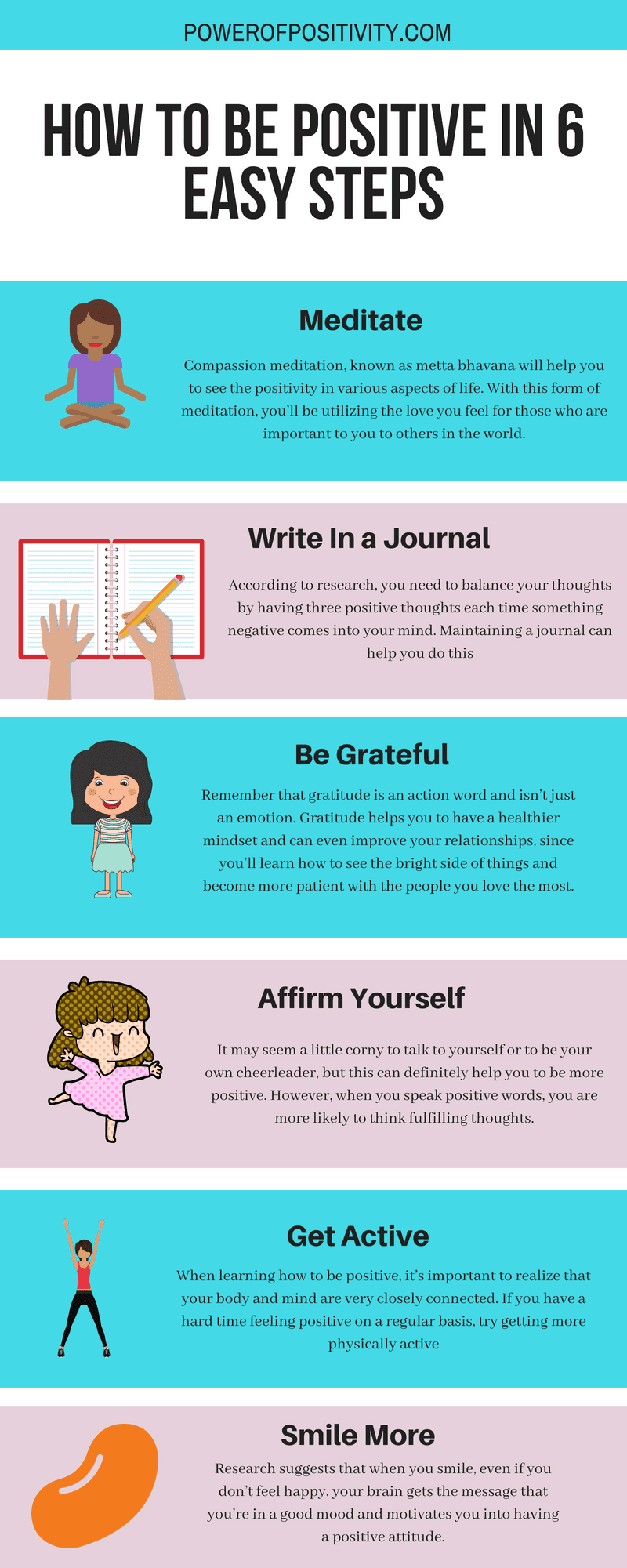If you are looking to lose weight, then you need to make sure you are eating healthy breakfast recipes every single day. Breakfast has oftentimes been referred to as the most important meal of the day, but you don’t have to eat the same thing every single day.
Changing up your morning routine and trying new healthy breakfast recipes keeps you motivated to make healthy choices throughout the day. You don’t have to spend a long time preparing these meals, and some of them you can even prep the night before to save you even more time. Here are a few breakfast ideas that will help you on your journey to losing weight.
Cereal with Raspberry and Yogurt
When eating cereal, substitute yogurt for your milk to help conserve a few calories first thing in the morning. Place yogurt in a bowl and sprinkle cereal, nuts, fruit, chocolate chips, and a pinch of cinnamon on top for a delicious breakfast meal. If you are taking this with you on the road, keep the toppings separate from the yogurt until it is time to eat it to keep it from getting soggy.
Fluffy Parmesan Eggs
To make one of the delicious egg healthy breakfast recipes, first, preheat the oven to 450 degrees, and separate the egg whites from the yolks and place in individual small bowls. Using an electric mixer, beat the egg whites until they are the right consistency. Mix in the parmesan and scallions with a spatula and make four mounds of this mixture on a cookie sheet. Use a spoon to make a crater in the center of each mound and place in the oven for about three minutes. Take it out and place an egg yolk in the center of each mound and place in the oven for another 3-5 minutes or until they appear to be done.
Overnight Coconut Oatmeal
If you are looking for a quick and easy breakfast you can grab and go, try making overnight coconut oatmeal. At night, combine your oats, coconut milk, and salt and cover in a bowl. Refrigerate all night and in the morning, top with apricots or hazelnuts and enjoy! You can eat this either hot or cold depending on your preference.
Almond And Berry Smoothie
Healthy breakfast recipes don’t have to take hours upon hours to prepare. Sometimes, all it takes is throwing a few things in a blender, pushing a button and it’s ready to go. For this smoothie recipe, all you have to do is mix desired fruit (berries or bananas), almond milk, almonds, cinnamon and vanilla until it becomes a smooth consistency in a blender. Once it is fully blended, pour into a bowl or a cup and enjoy your breakfast on the go.
Omlet With Kale and Avocado
Healthy breakfast recipes can help make your diet stay on track and keep you on your path to losing weight. For this recipe, take 2-4 eggs in a bowl and beat them until the mixture is frothy, add salt and pepper for taste. In a skillet on low heat, warm olive oil and add egg mixture. You will cook the egg mixture until the bottom is set (the center will still be a tad runny), and then flip the omelet over to cook the other side. Once both sides are cooked and it is no longer runny, place the omelet on a plate. In a separate bowl, mix kale, olive oil, lime juice, cilantro, and sunflower seeds with salt and red pepper (if desired), and sprinkle on top of the egg omelet. For added nutrients and energy throughout the day, slice an avocado and place on top of kale mixture.
Protein Pancakes
To make your usual pancakes have more nutritional value, consider adding some protein powder to the mixture and you will get much more out of this delicious breakfast choice. If you want to make your pancakes even more hearty, add oatmeal as well and you will stay full longer and not be hungry throughout the morning hours. Building muscle with the use of protein powder will help you stay fit and strong as you are trying to lose weight.
Apple-Pumpkin Smoothie
In the fall when Starbucks releases their pumpkin spice latte, don’t fall for this fattening drink if you are on a mission for weight loss. Instead, make your own healthier alternative by adding almond milk, apples, pumpkin, Greek yogurt, ice, syrup, and pumpkin pie spice and mix it all in a blender. You will get your desired taste of fall without having all of the added calories that come with a Starbucks beverage.
Banana Chocolate Oatmeal
Another favorite of the healthy breakfast recipes is another alternative to morning oatmeal. Prepare your oats and simply top with chocolate-hazelnut spread and sliced banana. If you are wanting to prepare this breakfast the night before, combine your oats with water and cover in a refrigerator overnight. In the morning, all you have to do is add your toppings and enjoy either cold or warmed up.
Eating healthy in the mornings is a great way to start your day off on the right foot and with these healthy breakfast recipes, you will experience weight loss with no problem, as long as you continue to eat healthy throughout the day and focus on exercise.
If you have a workout partner who could benefit from trying some of your recopies, share the love and tell them your secrets to help them be more successful in their diet and exercise routines. Having an accountability partner is a good idea to help you stay on track and make sure you don’t skip any meals, especially the most important meal of the day – breakfast.


















